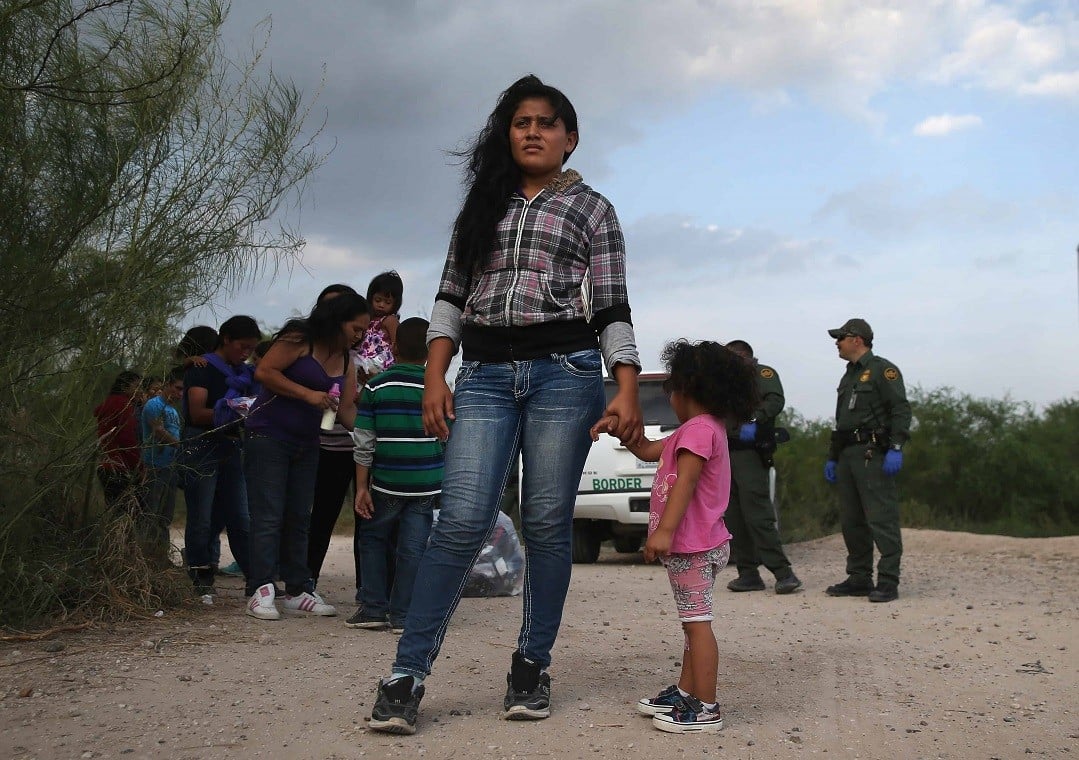 |
| Women migrants in Latin America tend to travel alone and not in family groups. (Source: AFP) |
The ILO report says that currently, women migrants in Latin America account for 40% of all migrants and this proportion is continuing to increase.
“This demonstrates the feminization of migration,” said Ana Virginia Moreira, ILO Regional Director for Latin America and the Caribbean.
Ms Moreira pointed out that these women migrants tend to travel alone and not in family groups, which requires “differentiated responses” from the authorities specifically for women migrants.
Francesco Carella, ILO regional migration specialist, noted that women migrants are doubly vulnerable as both women and migrants. During migration, women are often victims of violence and harassment, and at their destination, they are also vulnerable to hypersexualization, Carella explained.
In addition, women are also burdened with “responsibility overload” for unpaid domestic and care work when migrating with their families. The lack of employment sources often leads each migrant family to prioritize regularizing the migration status of men in the destination country, and women often fall into informal status.
“Migration reinforces the traditional gender division of labor,” Carella said. The ILO expert cited the example of Venezuelan female migrants, who account for more than 50% of the more than 6.5 million people who have left the country, who are often more highly qualified than men but have fewer job opportunities in the countries they arrive in. This leaves women often in substandard jobs.
In this regard, Ms. Moreira also emphasized that a migrant is three times more likely to be a victim of forced labor than a non-migrant.
According to the ILO, illegal profits from forced labor of migrants worldwide amount to 37 billion USD, of which 27.2 billion USD comes from commercial sexual exploitation, in which the main subjects are often women and girls.
A recent report, published by Doctors Without Borders (DWB), warns that during the movement of migrants through the Darién forest, which separates Colombia and Panama, where more than half a million people passed by 2023, sexual attacks against migrants have increased.
Source: https://baoquocte.vn/phu-nu-dan-dau-xu-huong-di-cu-o-my-latinh-273026.html





![[Photo] Highways passing through Dong Nai](https://vphoto.vietnam.vn/thumb/1200x675/vietnam/resource/IMAGE/2025/11/12/1762940149627_ndo_br_1-resize-5756-jpg.webp)
![[Photo] Prime Minister Pham Minh Chinh attends a conference to review one year of deploying forces to participate in protecting security and order at the grassroots level.](https://vphoto.vietnam.vn/thumb/1200x675/vietnam/resource/IMAGE/2025/11/12/1762957553775_dsc-2379-jpg.webp)
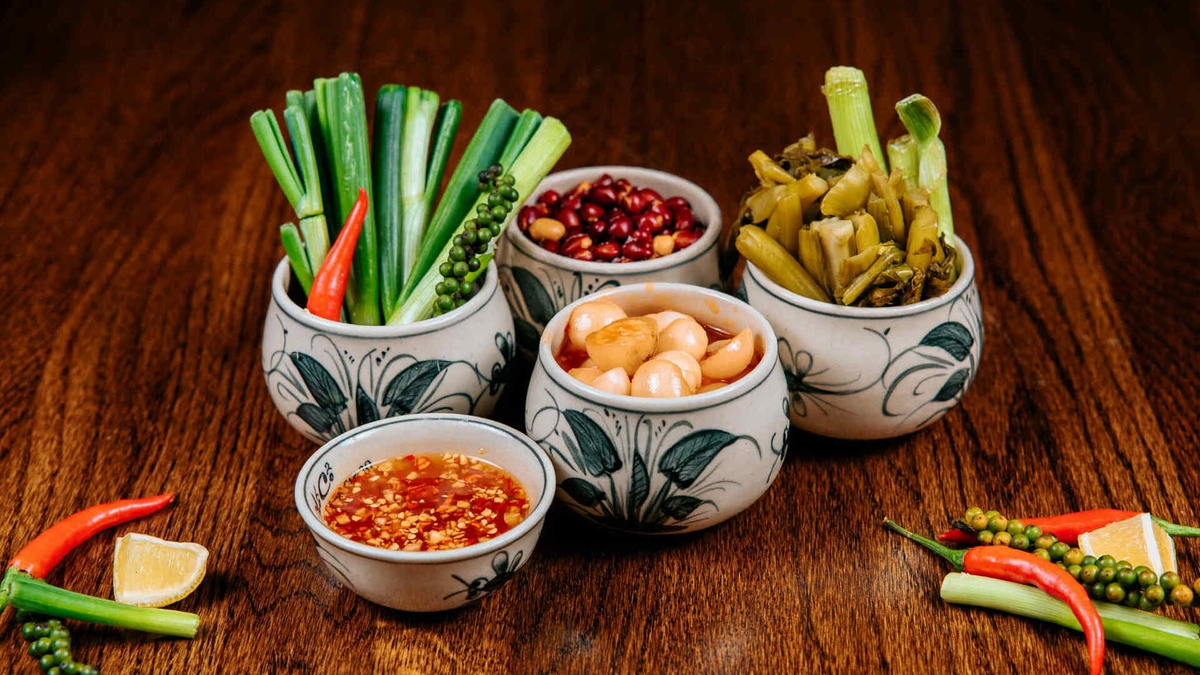
































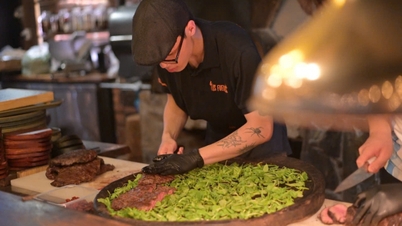






















































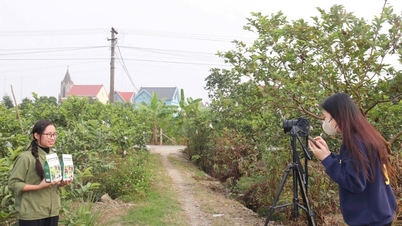

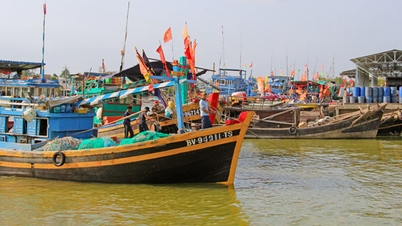











![Dong Nai OCOP transition: [Article 3] Linking tourism with OCOP product consumption](https://vphoto.vietnam.vn/thumb/402x226/vietnam/resource/IMAGE/2025/11/10/1762739199309_1324-2740-7_n-162543_981.jpeg)







Comment (0)